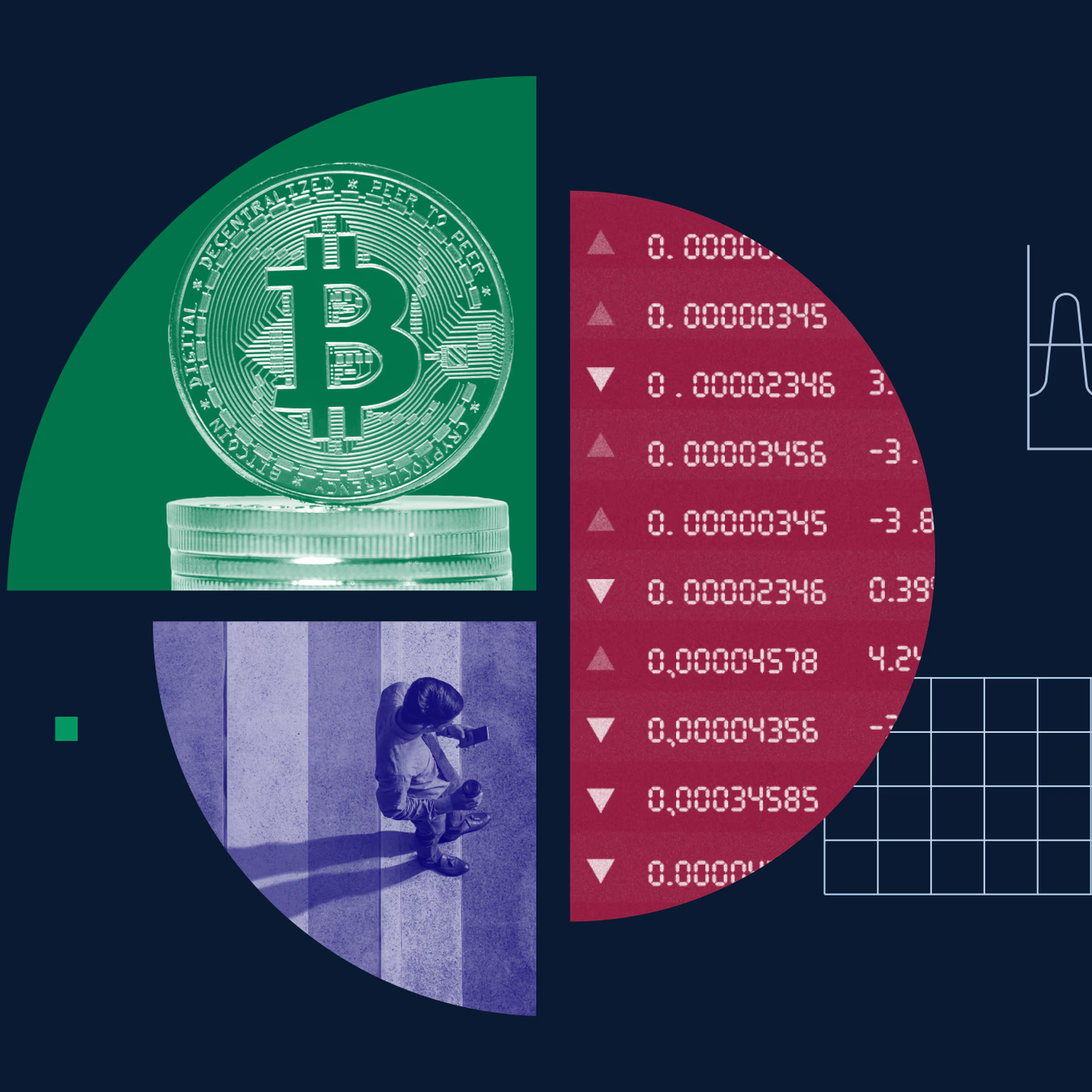data.org Launches Asia Pacific Data Capacity Accelerator
With the generous support of the
Mastercard Center for Inclusive Growth, data.org launched the Asia Pacific
(APAC) Data Capacity Accelerator, the fifth in a growing network of global
partners that are building a workforce of
purpose-driven data practitioners.
The APAC Data
Capacity Accelerator will catalyze the application of data to address systemic
financial inclusion challenges – including the critical need to build the data
for social impact workforce. In partnership with the Asian Institute of Digital
Finance (AIDF) – a university-level institute at the National University of
Singapore (NUS) – and the Association of Pacific Rim Universities, this
accelerator will produce a cohort of data practitioners and a training model to
scale across the region.
“Digital
transformation, AI and data all have a role to play in shaping society and
driving economies towards financial health and resilience,” said Shamina
Singh, founder and president, Mastercard Center for Inclusive Growth. “At
Mastercard, we are committed to driving financial inclusion for small
businesses, workers, and communities all around the world. We are proud to work
with partners such as data.org, the Asian Institute of Digital Finance at the
NationalUniversity of Singapore, and the Association of Pacific Rim
Universities to reach the next generation of data practitioners, so they can
harness the power of data and AI to support inclusive economic growth in the
APAC region.”
The latest Capacity
Accelerator Network (CAN) launch announcement came at an event held at NUS.
Domain leaders across academia, industry, government, and NGOs came together to
discuss shared goals and coordination around developing and upskilling
purpose-driven data capacity for inclusive growth.
“data.org works at
the intersection of what is possible and what is practical, as increasingly
illustrated by the impact of our CAN network partners,” said Danil
Mikhailov, executive director of data.org. “We will only reach our goal of
training one million purpose-driven data practitioners by 2032 through
interdisciplinary, locally-led programs. Our growing and diverse network of
partners—including now five Capacity Accelerator Network hubs worldwide—is
making connections across sectors and across borders, inspiring a new
generation of problem solvers.”
The APAC Data
Capacity Accelerator builds on the work being done at hubs in Africa, India,
Latin America, and the United States. To date, data.org programs have engaged
more than 20 academic partners around the world, applying the power of research
and academic expertise to enable social impact organizations to unlock the
power of data to meet their missions.
For the APAC
Accelerator, AIDF and the Association of Pacific Rim Universities are the
primary higher education partners.
“AIDF is proud to
host today’s event together with data.org and the Association of Pacific Rim
Universities. It’s very exciting to be a part of a movement to empower young
people and underprivileged communities, such as small business owners, around
the world with the skills they need to be competitive in an increasingly
tech-driven workforce,” said Professor Huang Ke-Wei, Executive
Director of AIDF. “Our students, regardless of their disciplines, can benefit
from exposure to and understanding of data and AI. We hope to create more
opportunities for them to apply such critical skills in ways that would be
beneficial to the community, society, and the world.”
“This partnership
is about tapping into the power of higher education to ensure that our
workforce and our communities are not left behind,” said Thomas
Schneider, chief executive of the Association of Pacific Rim Universities.
“Data science for social impact has the potential of significant societal
benefits in areas such as economic mobility, gender equity, and even public
health and climate, so we are eager to see how the data practitioners and
social impact organizations involved will address this challenge in a way that
serves the public good in the Asia Pacific and beyond.”
Today’s event
included keynotes on topics such as data and AI driving inclusive growth, the
power of collaboration among government and social impact leaders, and the
unique challenges and opportunities of AI in social impact. Subject matter
experts shared their perspectives through panel discussions on bridging the
data talent demand-supply gap, data-driven decision-making in multistakeholder
partnerships, and scaling innovation and resources.

































Leave A Comment